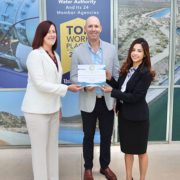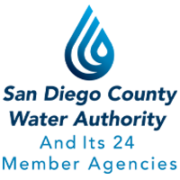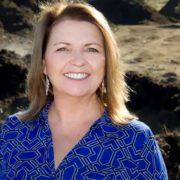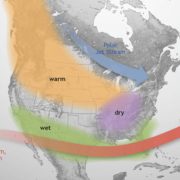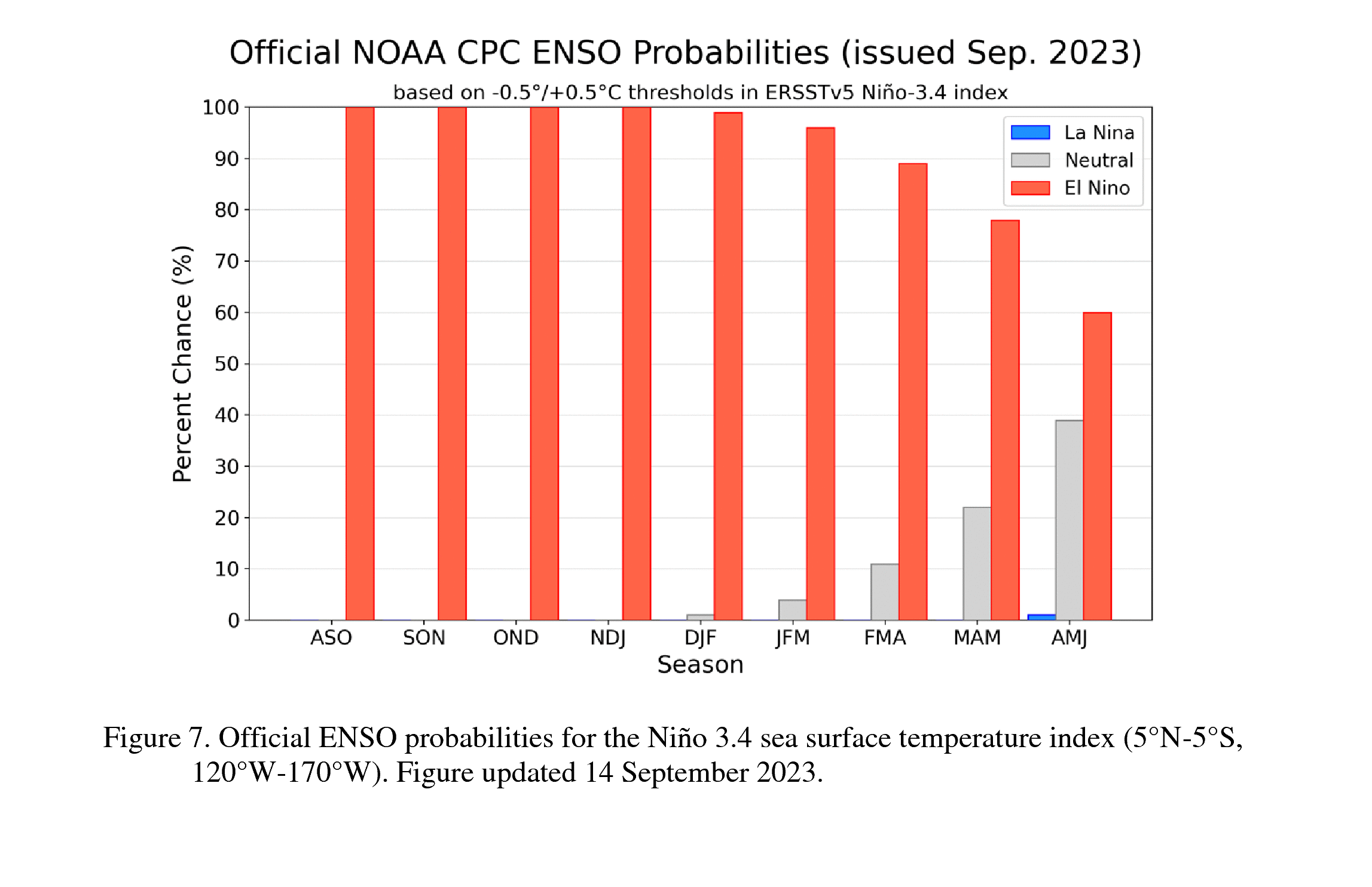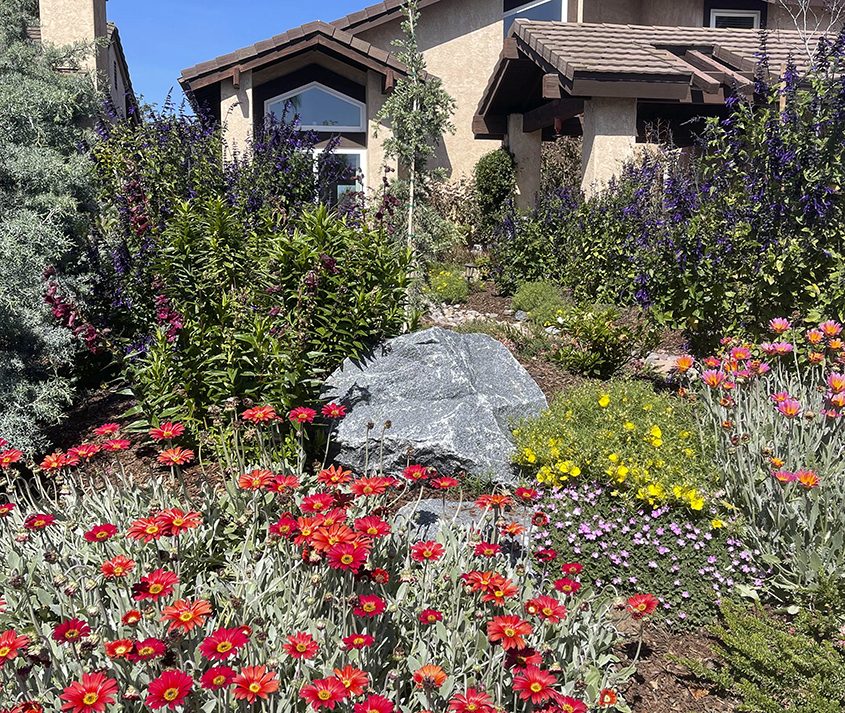San Diego County Water Authority Honored for Climate Change Efforts
The San Diego County Water Authority has earned Climate Registered gold status from The Climate Registry for the fourth consecutive year. The Water Authority was recognized for verifying and publicly reporting its greenhouse gas emissions, an effort that fosters transparency for the agency’s climate mitigation initiatives and helps the agency track and validate emissions reductions in the future.
The Climate Registry operates North America’s largest voluntary registry for greenhouse gas (GHG) emissions. The Water Authority’s 2021 and 2022 inventories were verified and published in The Climate Registry’s public database in July and September, earning the agency gold status for both years. The agency also published its 2019 and 2020 inventories, earning the Water Authority gold status for those years. In addition, the Water Authority has met all California state aligned GHG reduction targets, while decreasing its emissions over the past 13 years compared to its state-aligned baseline year.
“Reducing greenhouse gas emissions is a key part of the Water Authority’s Climate Action Plan and our commitment to the environment,” said Water Authority Board Chair Mel Katz. “As a climate leader, we continue to develop forward-thinking solutions that increase our contribution to energy and water efficiency efforts across the state.”
The Water Authority works with its 24 member agencies to deliver safe and reliable water supplies across San Diego County. Sustainability has been an important part of the agency’s commitment for years. Water-use efficiency not only lessens the Water Authority’s dependence on imported water, but it also reduces energy costs and the greenhouse gas emissions associated with transporting and treating water.
Climate Action Plan
As a centerpiece of its sustainability efforts, in 2014 the Water Authority voluntarily developed a Climate Action Plan and updates it every five years, comparing GHG emissions against a baseline and tracking progress toward State of California goals. Since the plan’s adoption, the Water Authority has conducted annual GHG inventories and provides updates to the Board of Directors. Verification of the annual inventory by a third-party is another step toward validating the Water Authority’s climate mitigation efforts for stakeholders.
The Climate Registry is a nonprofit organization governed by U.S. states and Canadian provinces and territories. The registry designs and operates voluntary GHG reporting programs globally, and assists organizations in measuring, reporting and verifying the carbon in their operations to manage and reduce it. The registry also builds capacity for emissions reductions by government agencies, and spearheads innovative projects such as the Water-Energy Nexus Registry.
“The San Diego County Water Authority’s continued achievement of Climate Registered gold status through reporting years 2021 and 2022 demonstrates sustained and consistent leadership in emissions disclosure,” said Charles Pope, Director of Registry Services for The Climate Registry. “The Climate Registry is proud to recognize SDCWA’s extraordinary commitment to transparency, which sets a clear example for all organizations in California.”
(Editor’s note: For more information about the Water Authority’s sustainability initiative, go to: www.sdcwa.org/projects-programs/programs/environmental/.)

